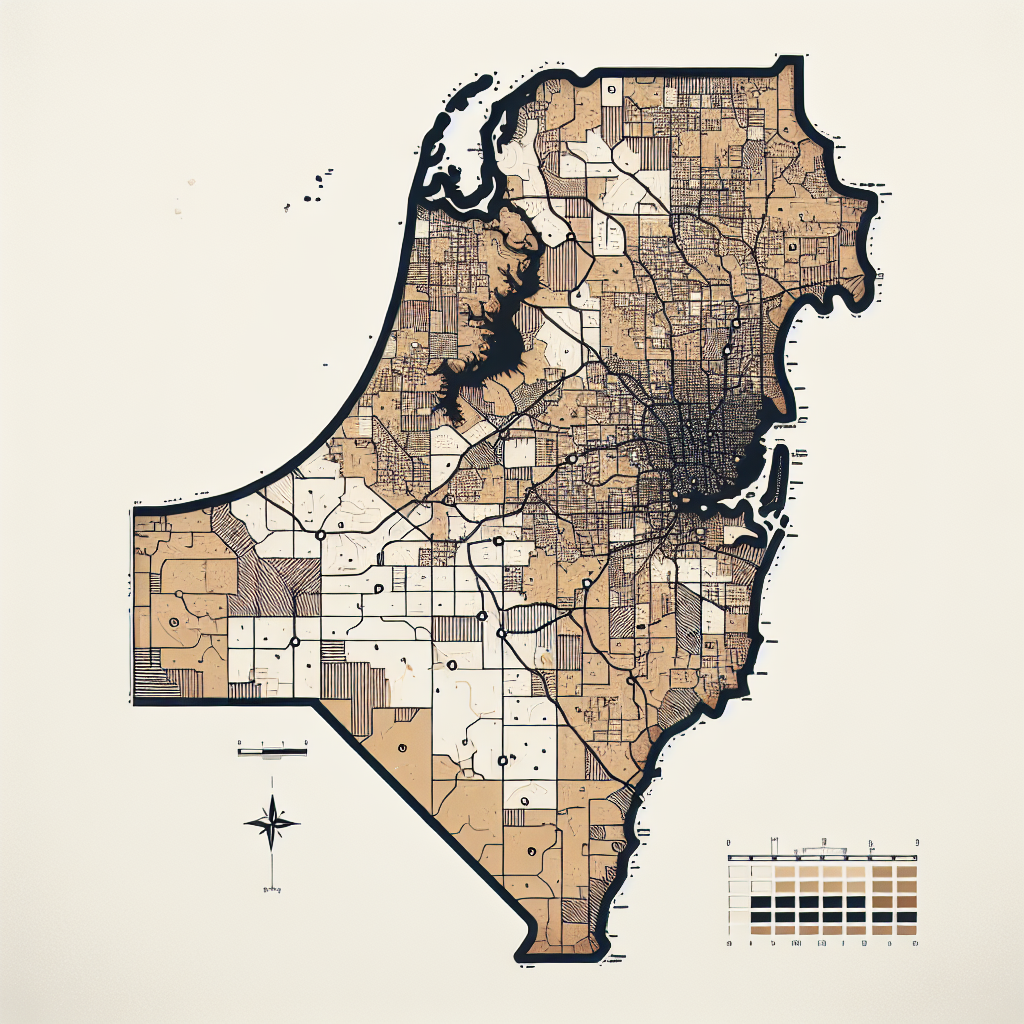Navigating FBAR Requirements for Americans with Assets in Bermuda
Overview
Managing financial assets in Bermuda presents a unique set of challenges and opportunities for American citizens. As a certified public accountant specializing in FBAR compliance, with over 12 years of experience, I've seen firsthand how crucial it is for Americans to understand and comply with the Foreign Bank and Financial Accounts Report (FBAR) regulations. Ensuring this compliance not only safeguards from potential penalties but also provides peace of mind in managing international finances.

Whether you're an expatriate living in Bermuda, an investor in Bermudian markets, or simply holding a bank account on the island, the FBAR is a critical component of your financial reporting obligations to the United States government. Let me guide you through understanding the FBAR rules, identifying who needs to file, and sharing key compliance strategies.
Understanding FBAR Rules for US Residents Holding Bermuda Investments
FBAR regulations require US persons to report their foreign financial accounts, including bank accounts, brokerage accounts, and mutual funds, if the aggregate value of all foreign financial accounts exceeds $10,000 at any point during the calendar year. This regulation is pivotal for American citizens with financial ties to Bermuda, ensuring transparency and compliance with U.S. laws.

10 Key Points for Americans Filing FBAR with Bermuda Assets
- The FBAR is filed electronically with FinCEN, not with your federal tax return.
- Consider all accounts where you have signature authority or financial interest when calculating the $10,000 threshold.
- Joint accounts with a non-U.S. spouse or business partner require reporting.
- The deadline for FBAR filing is April 15, with an automatic extension to October 15.
- Non-compliance can lead to hefty fines and, in some cases, criminal charges.
- Voluntary disclosure programs are available for those who have failed to file in previous years.
- Reporting applies to a wide range of financial accounts, not just checking or savings accounts.
- Even if an account did not generate income, it must be reported if the total exceeds $10,000.
- Use the official FinCEN BSA E-Filing System for submission.
- Seek professional guidance if you have complex financial or reporting situations.
Bermuda-Specific Reporting Requirements
- Report all bank accounts held in major Bermudian banks like Butterfield Bank and HSBC Bermuda.
- Include details of your investments in Bermudian mutual funds and insurance products with a cash value.
- Don't overlook pension funds and retirement accounts managed within Bermuda.
- Business accounts where you have signatory authority or a financial interest must be reported.
- Fixed deposit and other term deposit accounts are subject to reporting.
- Accounts in U.S. dollars or Bermudian dollars both need to be considered for the FBAR.
- Estate assets or trusts in Bermuda with a U.S. owner or beneficiary are reportable.
- Life insurance policies with a cash surrender value held with Bermudian companies fall under FBAR reporting.
- Investments in Bermudian real estate indirectly held through financial accounts need consideration.
- Report details of any significant financial transactions between U.S. and Bermudian accounts.
Additional Financial Assets and Income from Bermuda
- Capital gains from the sale of property in Bermuda should be reported on your tax return.
- Rental income from properties in Bermuda requires disclosure.
- Dividends and interest earned from Bermudian companies or banks need reporting.
- Contributions to and distributions from Bermudian pension plans may have U.S. tax implications.
- Life insurance payout from Bermudian policies is considered in estate tax computations.
Compliance and Tax Considerations for Americans with Bermudian Assets
- Familiarize yourself with the U.S.-Bermuda Tax Information Exchange Agreement (TIEA).
- Utilize the Foreign Earned Income Exclusion (FEIE) if you qualify, to reduce your taxable income.
- Understand the implications of FATCA (Foreign Account Tax Compliance Act) on your Bermudian financial accounts.
- Consider filing Form 8938, "Statement of Foreign Financial Assets," if you meet the threshold requirements.
- Review the potential for claiming foreign tax credits to avoid double taxation.
- Ensure all income from Bermudian sources is reported on your U.S. tax return, regardless of the FBAR.
- Investigate the possibility of renouncing or altering signatory authority on accounts to simplify reporting.
- Keep detailed records of all foreign financial transactions, including dates, amounts, and account numbers.
- Regularly review your reporting obligations as regulations and your financial situation change.
- Engage a tax professional experienced in U.S.-Bermuda financial matters for personalized advice.
- Understand the penalties for non-compliance, including fines and potential criminal charges.
- Explore IRS programs designed to help taxpayers become compliant with foreign reporting requirements.
Frequently Asked Questions (FAQs)
- Do I need to report a Bermudian bank account if I lived there temporarily? Yes, if the aggregate value of all your foreign financial accounts, including the Bermudian one, exceeds $10,000 at any point during the year.
- Can I be fined for not reporting small amounts? Yes, failure to report accounts that collectively exceed the $10,000 threshold can result in fines, regardless of the individual account balances.
- Is it too late to file for previous years? No, the IRS offers voluntary disclosure programs to help taxpayers become compliant without facing full penalties.
- Do I report my accounts in Bermudian dollars? Yes, but you must convert them to U.S. dollars for reporting purposes.
- How do I file an FBAR? The FBAR is filed electronically through the FinCEN BSA E-Filing System.
- What happens if I don't file an FBAR? You may face substantial penalties, including fines and potential criminal charges.
- Can a tax professional file my FBAR for me? Yes, many tax professionals offer FBAR filing as a service.
- Does owning real estate in Bermuda require FBAR filing? Not directly, but if the real estate is held through a financial account that meets the reporting threshold, it must be reported.
- Are there special forms for reporting income from Bermuda on my U.S. tax return? Income from foreign sources is reported on your tax return, and you may also need to file Form 8938 or others, depending on your situation.
- Who can I contact for help with my FBAR and other international tax matters? Seek assistance from a certified public accountant or tax attorney who specializes in international tax law.
File Your FBAR Now
Compliance with FBAR regulations is essential for Americans with financial interests in Bermuda. Understanding the requirements and ensuring timely and accurate reporting can protect you from penalties and provide peace of mind. Don't hesitate to seek professional advice, and remember, it's never too late to become compliant. As your guide in these complex financial waters, I'm here to help you navigate the FBAR requirements with confidence and ease.
